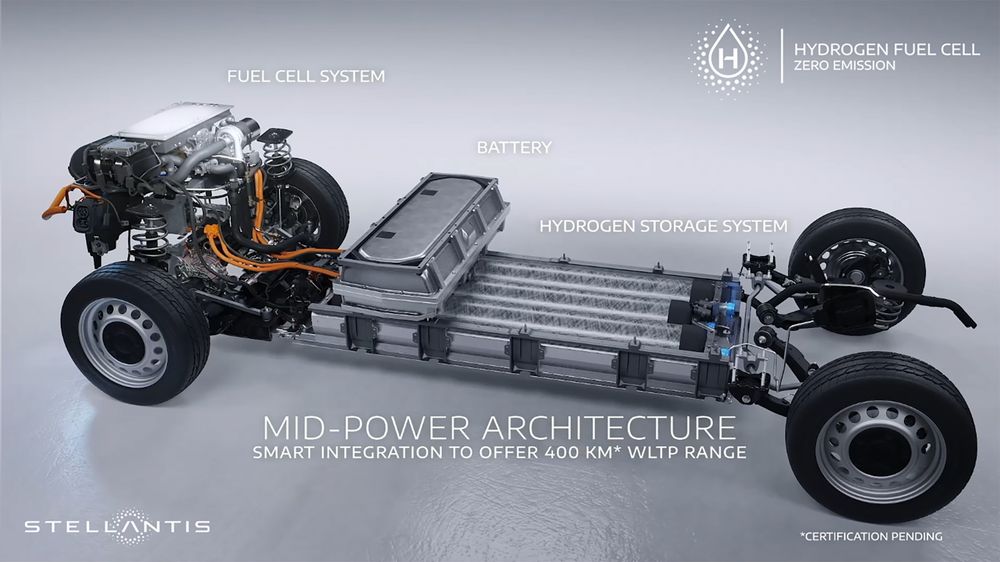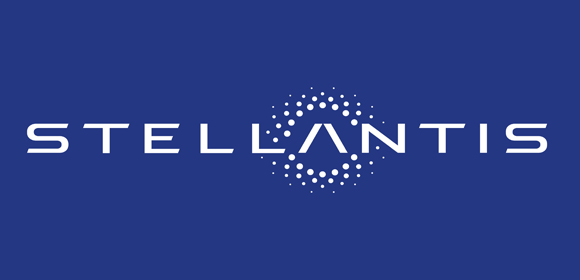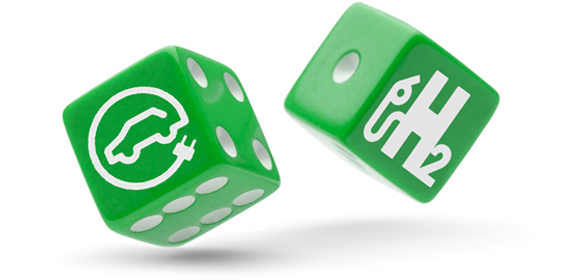Two announcements this week came from Stellantis that indicate the company is focused on eliminating fossil fuel vehicles from its line-up in line with what its competitors have been touting. Unlike it’s competitors though, the company’s strategy appears to be a dual alternate energy approach:
Stellantis said on Wednesday that it will begin deliveries in Europe of its first medium-sized vans powered by hydrogen fuel cells by the end of 2021. The vans will be launched under the Peugeot, Citroën and Opel brands. A passenger car model powered by hydrogen fuel cells will come later.

Then on Thursday, John Elkann, who serves as Stellantis chairman and is also the head of holding company Exor, the carmaker’s main shareholder, announced in a letter to Exor shareholders that Stellantis is looking at nearly tripling its global sales of electric vehicles this year with targeted global sales of 400,000 electric vehicles, up from 139,000 in 2020 thanks to the launch of 11 additional models.

It plans to have fully-electric or hybrid versions of all of its vehicles available in Europe by 2025, broadly in line with plans of rivals such as Volkswagen and Renault-Nissan. Meanwhile, and Honda and Toyota have had hybrid vehicles on the market for years, and the latter has indicated that it is pursuing hydrogen fueled vehicles, while also considering fully electric models.

Stellantis, formed in January by merging Fiat Chrysler Automobiles (FCA) and Groupe PSA, wants to exploit its size to take on rivals. It will be interesting to see how things play out with the company juggling both hydrogen and electric powered vehicles in its product offerings.

